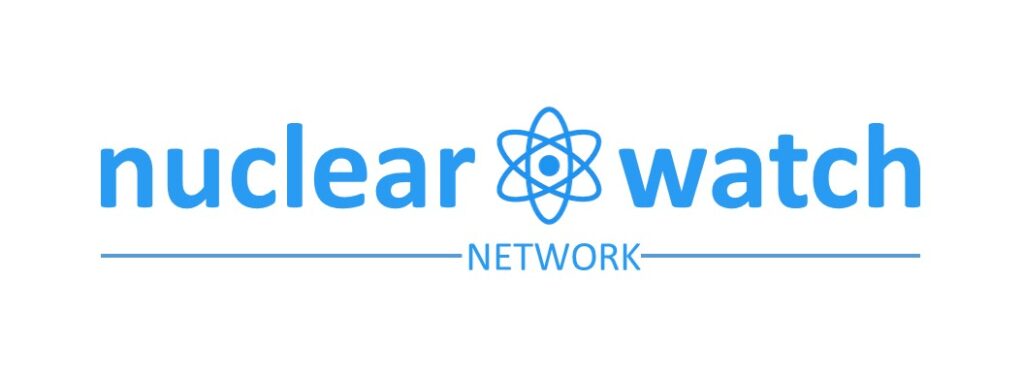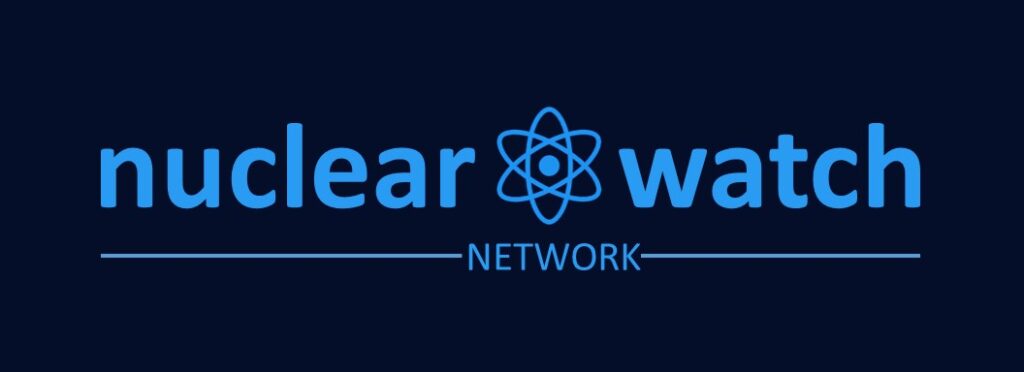Sasan Karimi, PhD
Post-doctoral fellow and adjunct professor, Faculty of World Studies, University of Tehran. (sasan.karimi@ut.ac.ir)
Resident scientist, Nuclear Watch Network.
In light of increasing pressures on Israel for its actions in Gaza, and amidst the shifting priorities in the region, the Director-General of the International Atomic Energy Agency (IAEA), Rafael Grossi, has made statements emphasizing the continued focus on Iran’s nuclear program. This stance, arguably more overt than usual, seemingly aligns with a broader securitization project to maintain Iran’s nuclear activities in the spotlight, particularly in the context of the Gaza situation.
The politicization of legal environments and international organizations is not new to those in the realm of politics. However, traditionally, these bodies and their officials have strived to maintain a degree of professionalism. Grossi’s approach, fueled by his open support and method of ascent to power, seems more inclined towards pleasing his backers than maintaining the impartiality expected of his position.
Analysis suggests that viewing the issue in a multi-faceted manner and elevating the discourse from complaints to practical solutions is essential. Despite Grossi’s efforts to keep Iran’s nuclear issue at the forefront, the echoes of his statements in mainstream media, especially in the United States, necessitate offering strategic advice to both the IAEA and Iran on nuclear matters.
The IAEA and its Director-General should prioritize their professional integrity above all. Being perceived as a tool for a particular project, if true, is unbecoming of their stature. Any semblance of bias or the breaking of the agency’s and the Director-General’s image could lead to a gradual loss of legitimacy, not just in the context of Iran but in all similar cases, raising questions about the agency’s independence and political neutrality.
After two decades of nuclear challenges with Iran, it should be evident to the IAEA that any success, negotiation, or cooperation with Iran has largely been achieved when the agency has shown greater independence. The designation of the IAEA as the monitoring arm for Iran’s nuclear activities under the Joint Comprehensive Plan of Action (JCPOA) was not a foregone conclusion but a negotiated agreement, underscoring the assumed impartiality of the agency.
Grossi must not forget that despite mutual criticisms, Iran entered into the JCPOA without breach or violation, while it was the United States that unilaterally withdrew from the agreement, facing global, European, and even IAEA criticism. The IAEA is expected to operate at a higher standard than national foreign ministries. Thus, fairness and professional virtue dictate that the Director-General’s reports should acknowledge the root of the issue stemming from the U.S.’s unjustified withdrawal from a functioning agreement.
The suggestion of a ‘JCPOA 2’ is one of the less tactful positions that can be taken on the nuclear issue. It is imperative for Grossi to remember that the JCPOA was not a simple agreement and was achieved under unique international circumstances. Any position suggesting its simple replication overlooks the complexity of the current international and domestic landscapes.
The best course for Grossi at present would be to evaluate Iran solely based on its written commitments. Legally, Iran is not bound by the Additional Protocol or the JCPOA’s limitations due to the lack of benefits from the agreement and the breaches by other parties, as stipulated in the JCPOA itself. A proper understanding of the legal situation and the inefficacy of a politicized and securitized approach by the Director-General would be more beneficial for fostering a cooperative environment with Iran.
In conclusion, a proper understanding by all parties in a multi-faceted issue like nuclear negotiations is crucial for success. The prevailing sovereign mindset in Iran, influenced by political psychology, shows that one-sided pressure and biased criticisms have not only failed to encourage cooperation or flexibility but have also led to disillusionment with previous collaborations, elevating a discourse that views international cooperation as inherently compromising national security and interests. For Iranian decision-makers, it is worth noting that sometimes pushing the country towards maximalist and confrontational approaches might not only be ineffective but could also play into the hands of those seeking to isolate and confront Iran internationally.

